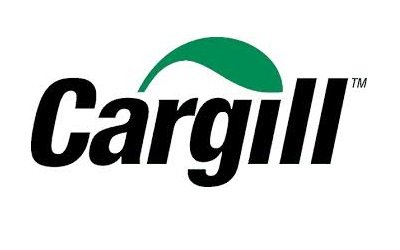Inside BENEO’s new pulse plant: pioneering sustainable protein from faba beans
Cargill announced that it will idle soybean processing activities at its facility in Raleigh later this spring. Cargill will continue to operate the Raleigh elevator as a viable market for soybeans, purchasing soybeans from area producers and elevator customers.
“This is a difficult decision because we have an excellent team of employees in Raleigh, where we have been in business since 1985,” said Don Camden, a regional manager for Cargill’s soybean processing business. “The North Carolina market is very important to us, and we look forward to serving both crop producers and livestock industry customers through our remaining activities at Raleigh as well as through other Cargill facilities.”
Camden said the elevator at Raleigh will continue to be a competitive buyer of beans from farmers in North Carolina and surrounding states. Soybean meal customers will be served by Cargill’s plant in Fayetteville, North Carolina, in addition to rail shipments into the region from other Cargill plants.
Mark Stonacek, president of Cargill Grain & Oilseed Supply Chain North America, said: “In recent years, demand for US soybean processing has become more variable and seasonally driven.” Among other factors, Stonacek cited a downturn in demand for US produced soybean meal in the face of expected large bean crops in South America. Those factors combined with strong global demand for US soybeans has made operating the Raleigh plant during the spring and summer periods economically challenging. “Cargill will continue to monitor the global situation and will consider restarting the plant if conditions change,” Stonacek said.
Cargill currently employs 47 people at Raleigh. Camden said 20-25 employees associated with soybean processing will be laid off, although they can apply for openings at Cargill’s 12 other crush plants. “This is an unfortunate outcome for these employees and we will work with them to try to find opportunities,” Camden said.
“Cargill will still remain an important buyer of local soybeans by keeping the elevator open and maintaining our regional office,” Camden said. “Again, this was a hard decision, but the uncertainty in US soybean crush demand necessitated this difficult decision.”

